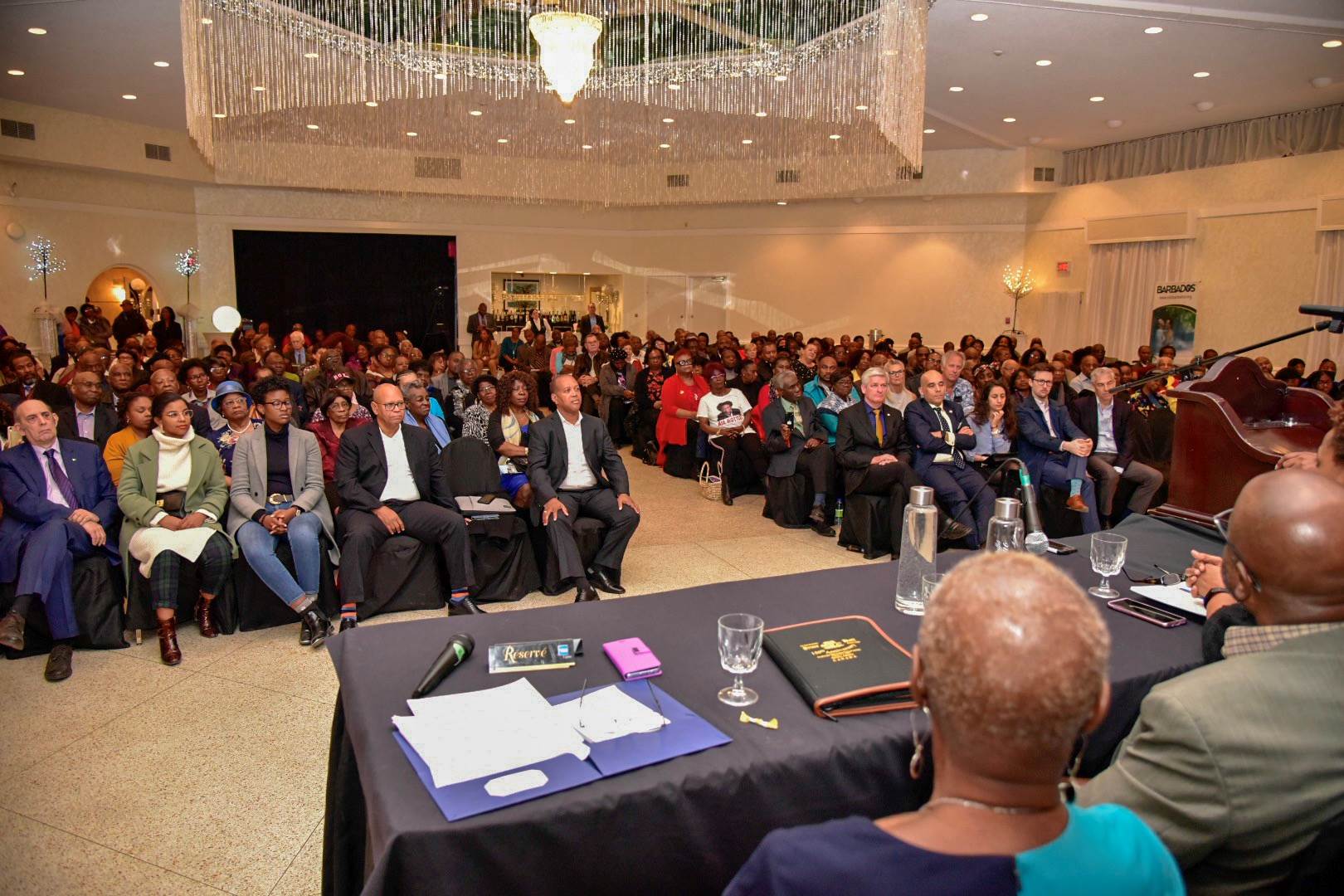
Listening to lead: How citizen science and human security can strengthen parliamentary engagement
This blog is written by Denis Naughten, Member of Dáil Éireann, Parliament of Ireland - (1997-2024); Chairperson, Working Group on Science and Technology, Inter-Parliamentary Union (2022-2024). Views and opinions expressed in this article are his own.
As Members of Parliament, our job isn’t just to represent - it’s to truly understand the people we represent. That’s no easy feat in today’s landscape, where public trust is strained and traditional engagement methods feel increasingly out of step.
However, there’s a better way forward.
By applying citizen science tools through the lens of human security, MPs can foster deeper, more productive relationships with constituents - ones built on listening, dialogue and trust.
Moving beyond the town hall model
On many occasions, I have participated in town hall type public meetings where there are just two very vocal perspectives, those who are already convinced or the already opposed. The old models of public engagement - town halls, press releases, reactive Questions & Answers, even social media - just don’t work in a polarising society. It doesn’t give space to those in the middle, unsure where they stand, or those who simply want to share lived experiences without confrontation.
That’s why a shift is needed: one toward interactive, two-way deliberation that respects the complexity and dignity of every citizens perspective. As Parliamentarians, if we really want to be effective, we must adopt tools that enable these conversations - not just convey decisions.
Tools that build bridges
Citizen science platforms offer a new set of instruments that allow a much broader range of voices to present their perspective on a topic and working together towards an agreed and practical solution. For instance, Bohm Dialogue fosters open-ended conversations to help groups explore diverse perspectives and find consensus, such as resolving community land use conflicts. The Fishbowl method involves a small group discussing issues while others observe; participants join the discussion by replacing someone in the inner circle, allowing for dynamic sharing of experiences.
Doing this well produces:
- Constituent knowledge helping uncover nuanced, community-specific insights.
- Shared initiatives allowing constituents to become part of the solution - not just the feedback.
- Collective intelligence strengthening policy outcomes by reflecting the diverse realities of our society.
These aren’t just nice-to-haves - they make our work more informed, inclusive and resilient.
The human security lens
Human security isn’t about vague ideals - it’s a practical framework that prioritises:
- Protection from systemic threats
- Empowerment through participation
- Respect for agency and voice
For MPs, applying this lens means designing engagement that isn’t just safer - it’s smarter. It recognises that the issues we tackle (healthcare, climate, social inequality) are deeply personal, and our policies must reflect that.
What it means for us in Parliament
By embracing this approach, we can:
✅ Build greater trust with constituents through transparency and authenticity
✅ Reach groups traditionally disengaged or underrepresented
✅ Unlock new solutions through collaboration and dialogue
✅ Reduce polarisation by focusing on empathy and shared concerns
When we succeed in this, something powerful happens: Parliament becomes not just a debating chamber - but a listening chamber.
Conclusion
Democracy thrives when we engage not only with the loudest voices - but with the quiet insights that often carry the greatest wisdom.
As MPs, let’s lead by listening. Let’s adopt the tools and frameworks that help us hear our people - not just speak to them.
This blog is an extract from the full article ‘From Citizen Science to Human Security: A tool to facilitate Members of Parliaments’ engagement with constituents’ by Denis Naughten in Cadmus, the Journal of The World Academy of Art and Science – click here to read the article: https://www.cadmusjournal.org/article/volume-5-issue-4/from-citizen-science-to-human-security
To read more blog articles please click here.
